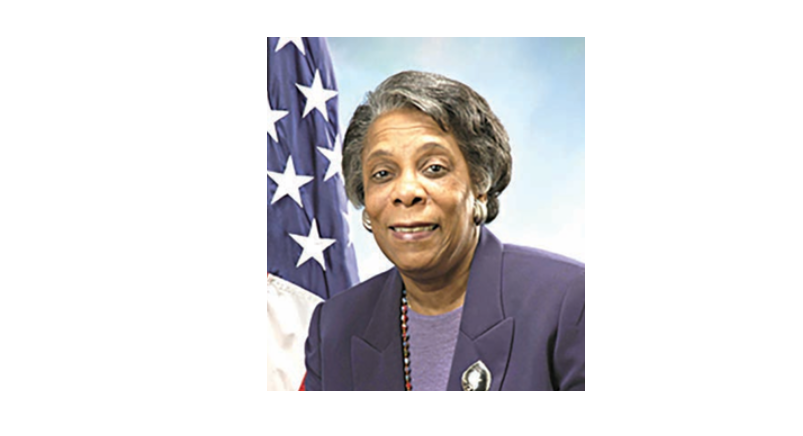WASHINGTON—Decades before she learned how much history she was making while growing into adulthood, Rita Sanders Geier had collected multiple honors and been through enough court rooms, Geier began to feel her life mirrored riding on a non-stop merry-go-round.
This week, Geier hopes to celebrate Mother’s Day weekend with a special salute from the University of Tennessee School of Law as recipient of an honorary law degree for her contributions to higher education in Tennessee. It is to be presented during the weekend’s huge roster of graduation ceremonies in Knoxville, TN.
“This recognition, approved by the UT Board of Trustees…is a testament to your exceptional life and career,” says a letter to Geier, now a retired senior associate counsel to the federal Social Security Administration and former senior fellow at U.T.’s Howard Baker, Jr. Center for Public Policy.
“Your contributions have had a meaningful impact on the university, our community, and our world,” said U.T. Chancellor Donde Plowman.
Atty. Geier, reached by phone at her home near Annapolis, Md., said she was “most honored” to receive the degree and have another chance to detail this history in her talks with her two adult sons and their children what all the chat has been about since her lawsuit against her home state starting in the late 1960’s, lead to a Supreme Court decision ordering the elimination of racial discrimination of higher education in student and faculty and staffing.
The court ruling blocked construction of two public universities in downtown Nashville–one for whites and one for blacks—and expanded education and employment opportunities for all regardless of race. It was not imagined before the lawsuit was pursued by Geier, with help from attorney George Barrrett and state senator Avon Williams.
It took more than 30 years –including service of host of public university presidents, seven Tennessee governors, 10 state attorneys general and three Federal judges—to settle the lawsuit, racial segregation persisting.
“This was really a great surprise,” said Ms. Geier, referring to the U.T. honor. “It’s like going full circle” she said, noting going in and out of court as her case dragged on year after year. Her work as a civil rights attorney for the poor, carried her and husband, Paul, around the country and eventually to Knoxville, which “was a good move.” she said. This pause gives her a chance to share her story, she said.



